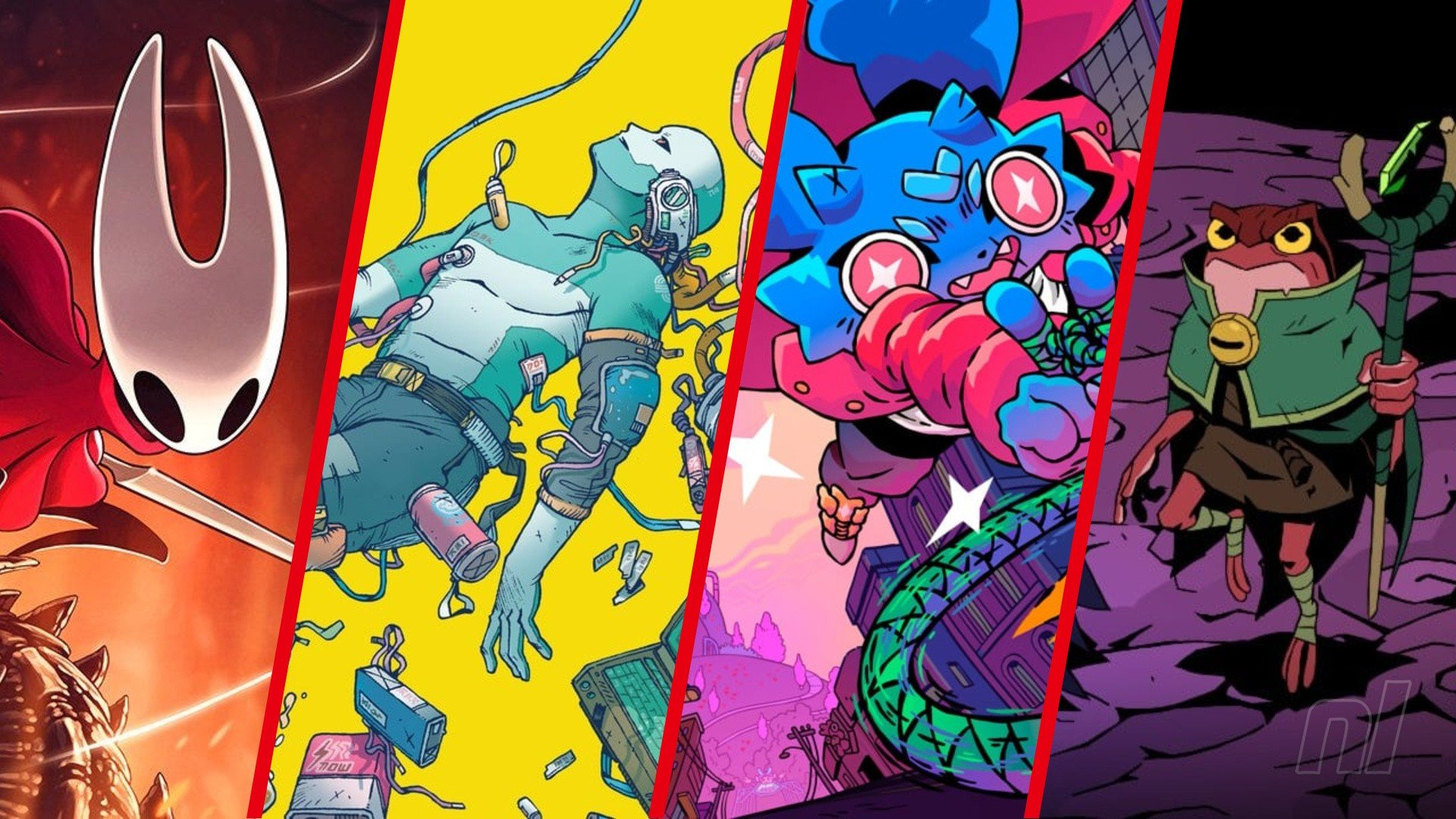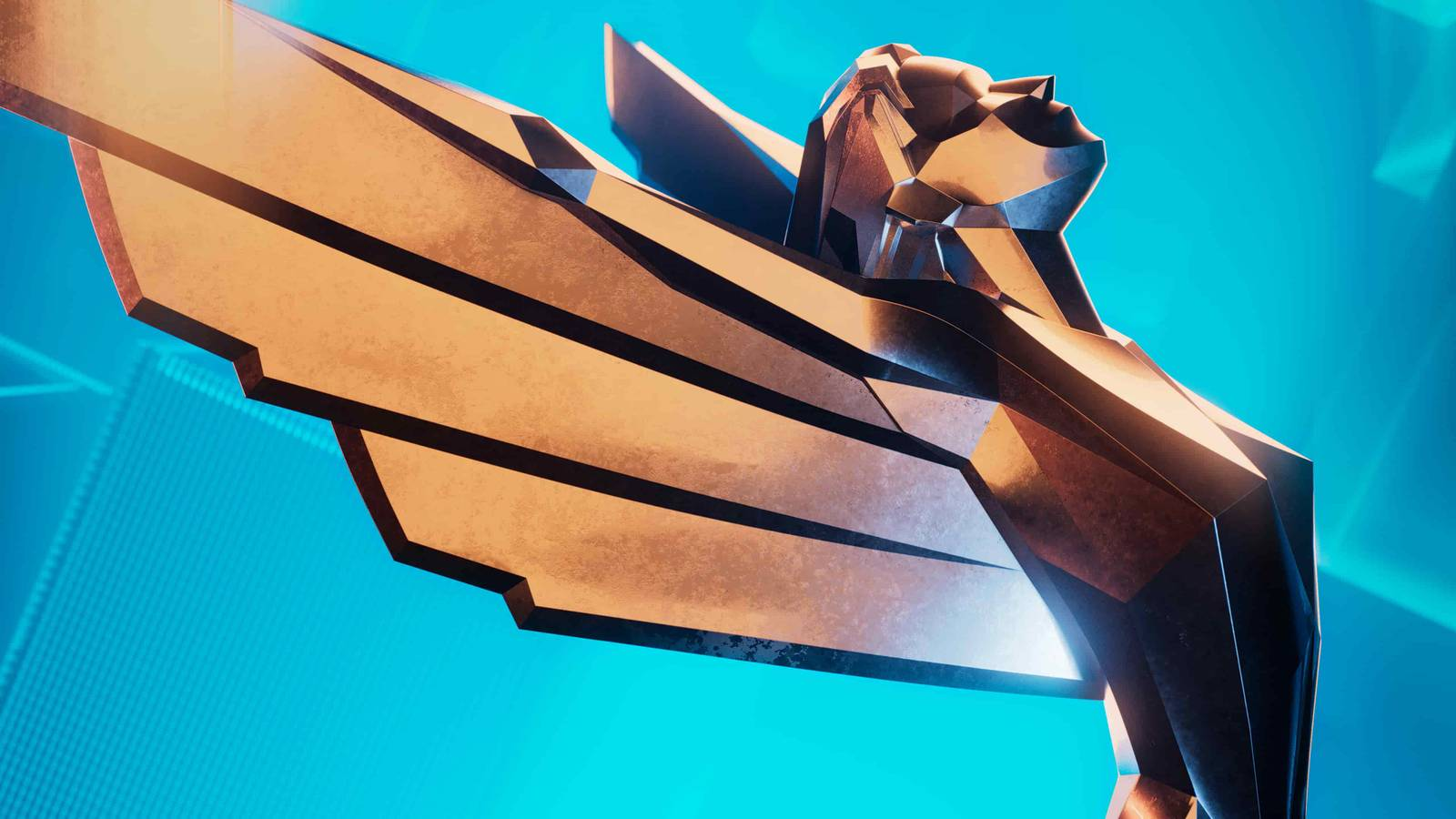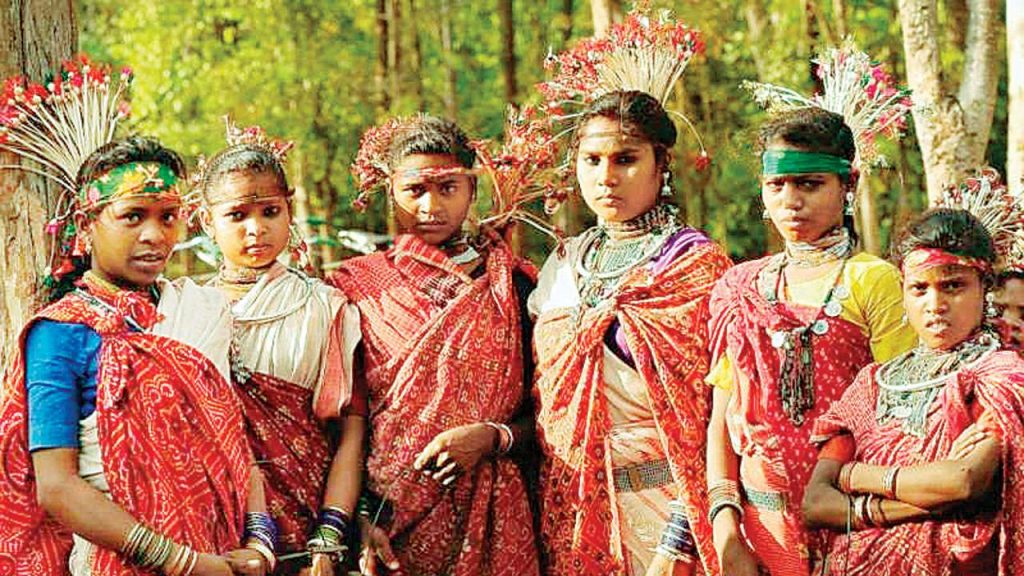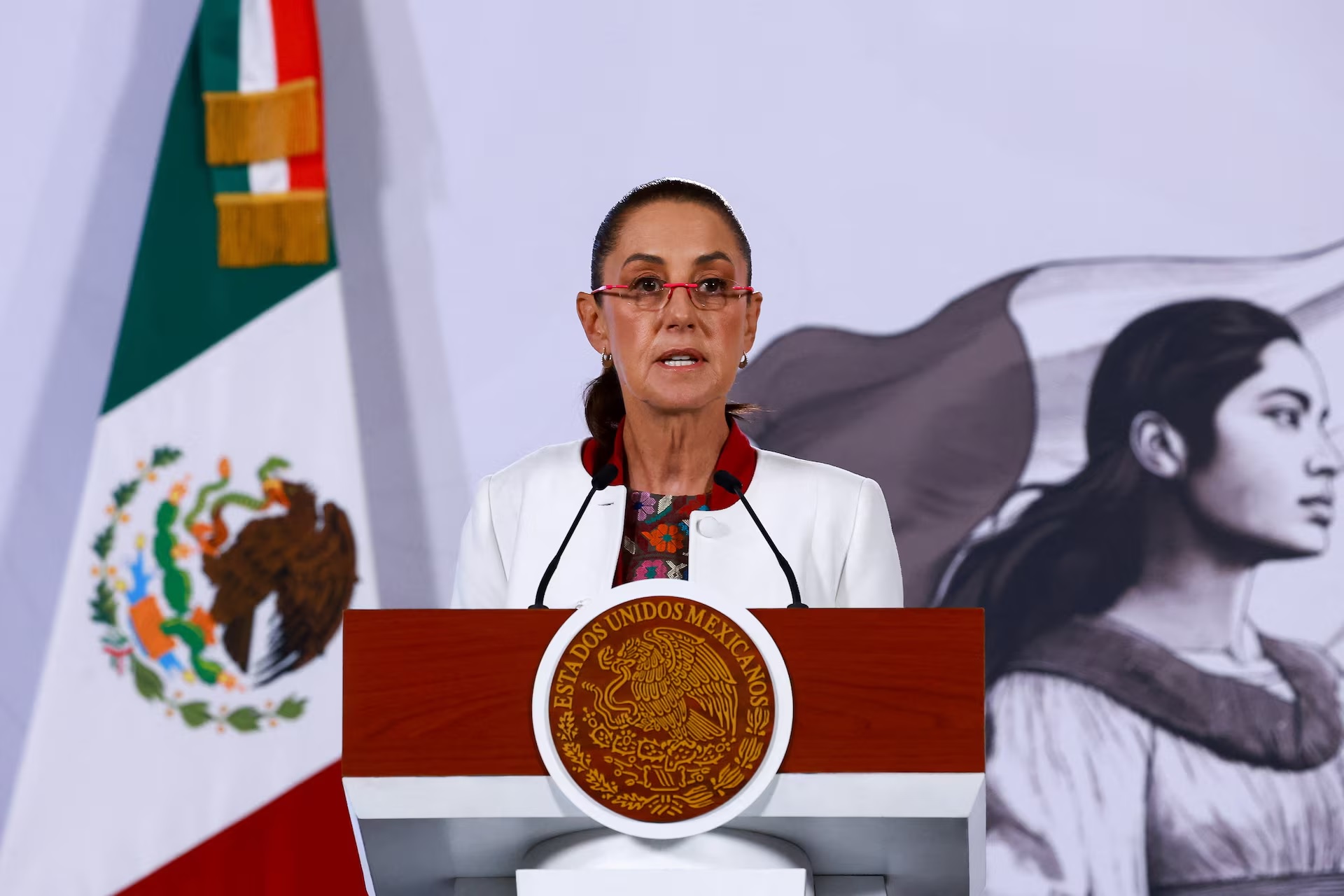Game Awards 2025: Big New Titles Lead a Crowded Field of Nominees

Blockbuster sequels, indie darlings and surprises in this year’s list
The race for the biggest honours in video games has begun in earnest with the announcement of the 2025 Game Awards nominations. This year’s list, unveiled on Monday, highlights a packed slate of blockbuster sequels, ambitious new franchises and indie hits that broke through the noise. Story-driven fantasy epic “Clair Obscur”, Hideo Kojima’s long-awaited “Death Stranding 2” and Nintendo’s colourful platformer “Donkey Kong Bananza” are among the most nominated titles, competing in categories that range from Game of the Year to Best Narrative and Best Art Direction. The nominations confirm how quickly the industry has rebounded from pandemic-era delays, with multiple major releases landing in the same calendar year.
The Game Awards have become one of the industry’s most-watched events, mixing trophy presentations with world-premiere trailers and live performances streamed to millions of viewers. This year’s shortlist reflects both the scale and the diversity of modern gaming. Alongside big-budget action and role-playing games, critics also singled out smaller projects that used inventive mechanics or intimate storytelling to win over audiences. A number of titles built around social deduction, co-operative puzzle solving and cosy life simulation made the cut, pointing to a market that is no longer defined solely by combat-heavy blockbusters. Esports, mobile and adaptation categories continue to grow as publishers look to turn successful game worlds into movies, series and merchandise.

Subheading 2 (industry trends behind the nominations)
The nominations also underscore shifting business models in the games industry. Several of the leading contenders launched as full-priced titles but quickly added live-service elements, season passes and cosmetic microtransactions to keep players engaged for months. Others deliberately avoided that approach, promising complete experiences with minimal add-ons in a bid to appeal to players tired of subscriptions and in-game shops. Analysts say the mix of nominees shows that there is still room for both models, as long as studios are transparent about what they are selling and avoid aggressive monetisation. Accessibility features, localisation quality and performance on older hardware are increasingly factors in critical reception as well.
Representation has improved, though campaigners argue there is more work to do. This year’s list includes several games led by women and people of colour, both on-screen and in creative roles, and more titles that explore mental health, migration and climate themes through interactive storytelling. Independent studios continued to punch above their weight, with a handful of small-budget games earning nominations in major categories against much larger rivals. For developers, even a single nomination can translate into higher visibility on digital storefronts, stronger sales and leverage for future projects.

For fans, the nominations are both a celebration and an invitation to debate. Social media platforms quickly filled with tier lists, reaction videos and mock ballots as players compared the shortlist to their own favourites. Some argued that certain cult hits and experimental projects were overlooked, while others welcomed the balance between mainstream franchises and new ideas. With the awards ceremony set to include live music, industry cameos and fresh game reveals, producers are banking on another night that blurs the line between trade show and pop-culture spectacle. Whatever wins, the 2025 nominations make clear that gaming’s creative centre of gravity now spans everything from prestige narratives to playful, low-fi experiments—and that the competition for players’ attention has never been fiercer.






















